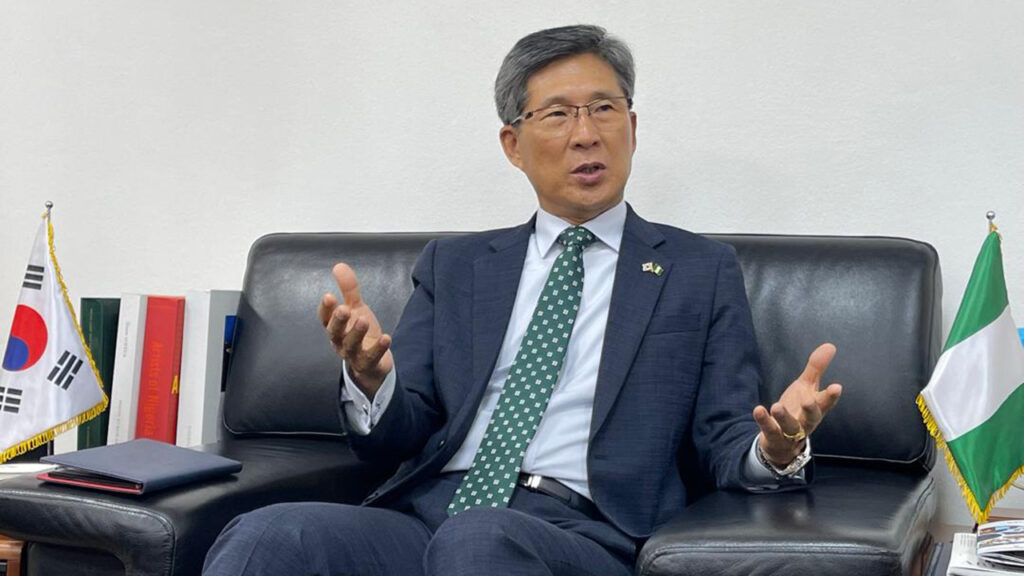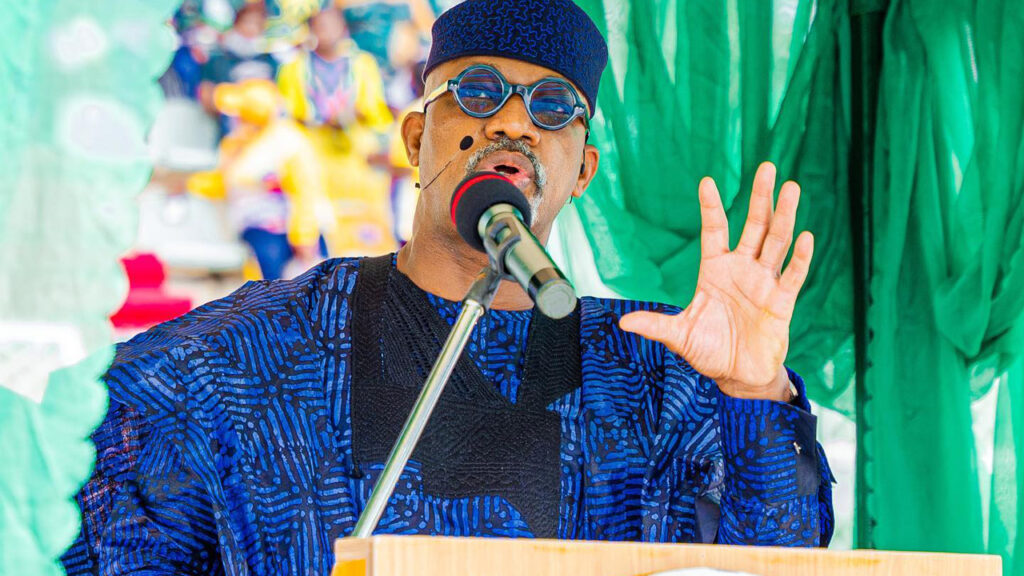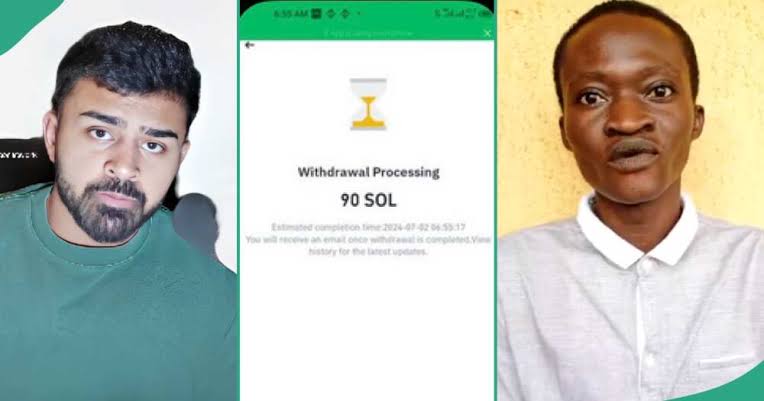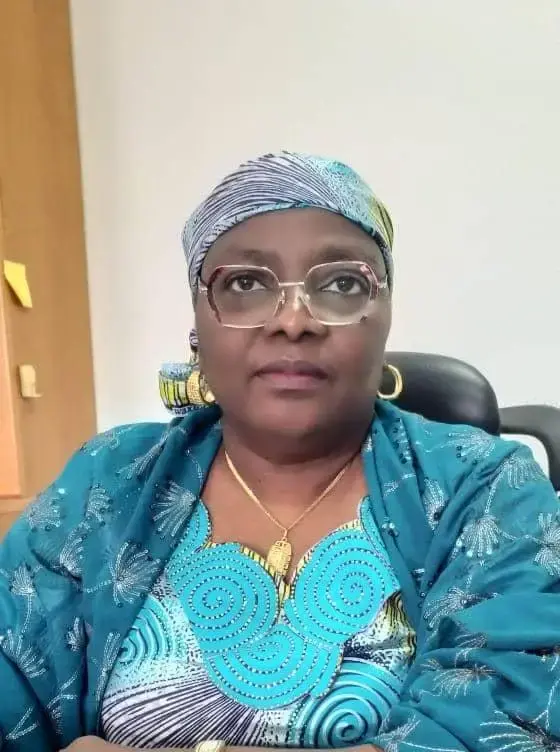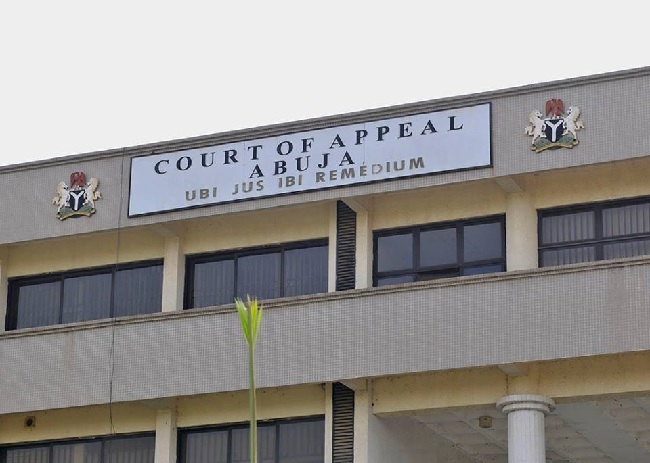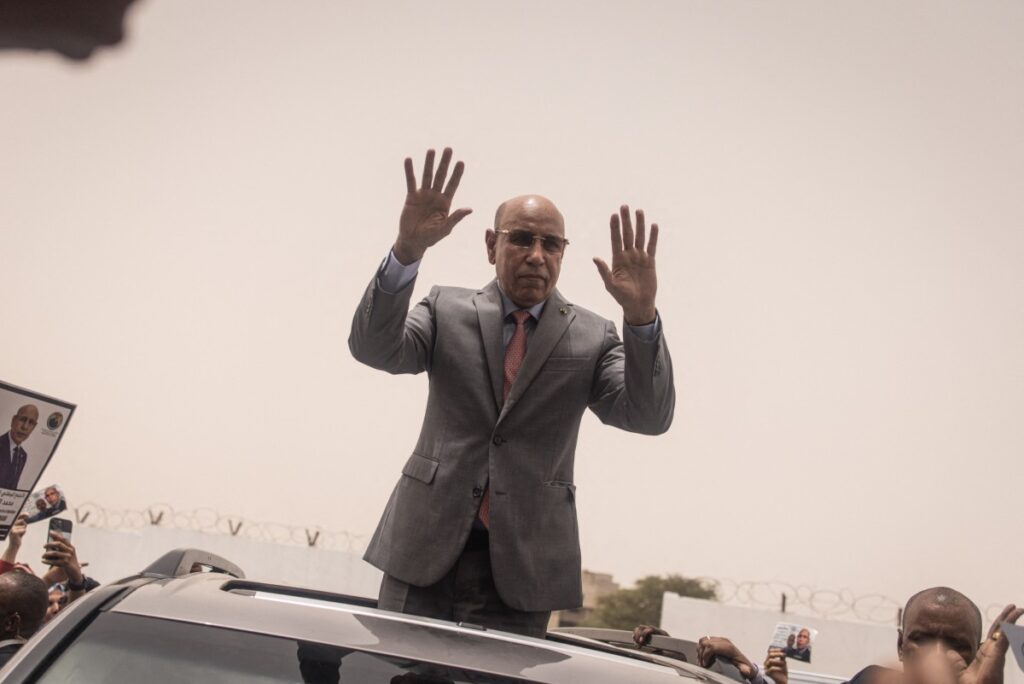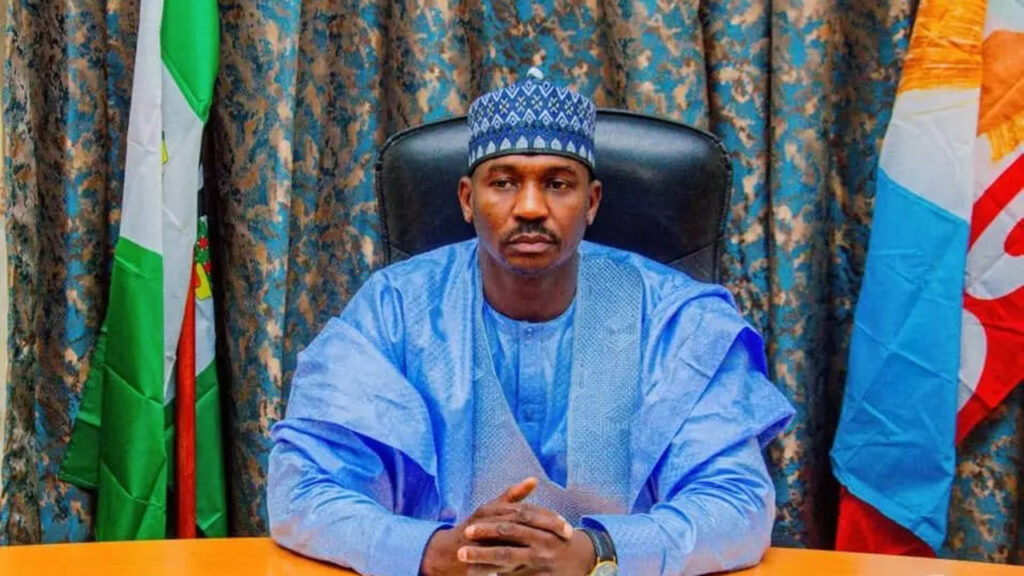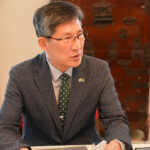The relationship between Nigeria and South Korea has been rosy over the years and appears to be growing stronger, following the promises evinced at the just concluded Korea Africa Summit in Seoul, where a number of Nigerian government officials participated. Korean Ambassador to Nigeria, Kim Pankyu, in this interview with KINGSLEY JEREMIAH and STEVE OBUM ORAJIAKU, explains how the summit offered a renewed and strategic partnership between both countries and Africa in general.
The just concluded Korea Africa Summit offers a strategic partnership between Korea and Africa in general. In a nutshell, what are the specific benefits of this Summit to Nigeria in particular?
At the first Korea-Africa Summit held under the theme of “The Future We Make Together: Shared Growth, Sustainability, and Solidarity,” the Korean and African leaders presented their vision for building a strong and mutually beneficial partnership. In particular, the Korean government made specific pledges on how it will boost its trade and investment with Africa, how it will support African countries addressing global challenges such as climate change and public health crisis as well as how it will promote people-to-people exchanges. It means that more Korean companies are expected to invest in Nigeria, thereby creating jobs here. It also means that more knowledge sharing and capacity building programmes will be provided to help Nigeria realise its growth potential fast. In addition, more Nigerian students will have a chance to study in Korea.
A striking outcome at the summit is that the Republic of Korea will commit $14 billion in export financing to support Korean companies investing in Africa while increasing its official development assistance (ODA) to $10 billion by 2030. What exactly does this translate to in everyday business transactions for the ordinary citizen?
As many Nigerians may be aware of, Korea International Cooperation Agency (KOICA), is doing a lot of work in Nigeria. In particular, KOICA is implementing development assistance programmes in fields that Korea is strong at, such as education, public administration and health. For example, this year, KOICA is supporting the establishment of the first Smart Schools in Nigeria. The just concluded Korea Africa Summit offers a renewed and strategic partnership between Korea and Africa in general.
In a nutshell, what are the specific benefits of this Summit to Nigeria in particular?
A striking outcome at the summit is that the Republic of Korea will commit $14 billion in export financing to support Korean companies investing in Africa while increasing its official development assistance (ODA) to $10 billion by 2030. What exactly does this translate to in everyday business transactions for the ordinary citizen? Korea’s commitment to increase its ODA means that KOICA can expand these kinds of activities in Nigeria. In addition, it may lead to Korea’s provision of concessional loans to Nigeria. The Korean government’s provision of export financing to Korean companies is expected to contribute to an increase in the Korean private sector’s trade with and investment in Nigeria. Some Korean companies, although they are interested in the Nigerian market, have been hesitant in advancing into Nigeria since they don’t have enough financial resources. The Korean government’s support is expected to help these Korean companies venture into Nigeria and make investments.
How does South Korea plan to implement the summit’s resolutions with Nigeria?
Korea and Nigeria are planning to hold a joint commission meeting, a regular consultative mechanism between our two countries, this year. I believe this meeting will provide a good opportunity for us to review how the follow-up measures are being implemented after the Korea-Africa Summit and discuss how to further expand bilateral relations. In particular, I hope this dialogue can facilitate the ongoing discussion on MoU and agreements in the area of trade, defence,, and aviation so that they can be signed in the near future. In addition, since the Nigerian delegation had engagements with various stakeholders in Korea on the occasion of the Summit, I believe the follow-up engagements between private sectors and various government agencies will be held as well. The Minister of Foreign Affairs, Yusuf Tuggar, and Minister of Industry, Trade and Investment, Doris Anite, had bilateral meetings with their Korean counterparts and met CEOs of big Korean companies such as Daewoo and Hyundai while they were in Korea, Minister Anite had meetings with several major Korean economic agencies such as K-SURE and Korean Chamber of Commerce as well. Minister of Tourism, Lola Ade-John, participated in the Korea-Africa Tourism Forum and had engagements with the Korean government officials. In addition, various Nigerian companies and organisations participated in multiple side events such as the Korea-Africa Business Summit, Korea-Africa Youth Startup Forum and a high-level forum on green and climate finance.
What specific areas of collaboration were identified during the summit, and how will they benefit Nigeria’s development goals?
At the summit, the leaders identified seven priority collaboration areas as follows: (a) fostering mutual growth by boosting trade and investment (b) addressing global challenges including food security, global supply chain, climate change and public health; (c) sustainable energy and infrastructure; (d) developing human resources including education, and Technical and Vocational Education and Training (TVET); (e) science technology and digital transformation; (f) promoting mutual understanding and people-to-people exchanges and (g) achieving peace and security. As I understand, priorities of Nigeria’s National Development Plan are (i) to establish a diversified economy; (ii) to invest in infrastructure; (iii) to enhance good governance; and (iv) enable educated populace. As you can see, the aforementioned priority collaboration areas identified at the Summit are closely related with Nigeria’s development goals. And I would like to highlight the fact that when the Korean government carries out a specific cooperation project, it tries hard to come up with a project that can benefit its partners in various ways at the same time. The ‘Tech4Africa Initiative’ announced at the Summit is a good example. This initiative aims to enhance digital capabilities of the young African generation, meeting industrial demands and leading to robust technology-based employment and entrepreneurship.
I believe this initiative will contribute not only to fostering educated, tech-savvy populace but also to grow the digital economy and establish a digitised governance system, thereby supporting Nigeria’s development goals in various aspects.
How will the summit’s outcomes enhance cultural exchange and people-to-people exchanges between Nigeria and South Korea?
At the summit, Korea committed to expanding its Korean language classes by establishing more King Sejong Institutes in Africa so that more people can enjoy Korean cultural contents easily. In fact, there is already a King Sejong Institute in Abuja at the Korean Cultural Centre although there was no Korea language class for the past two years due to some difficulties in hiring Korean language teachers. After continuous efforts, we recently hired a new Korean language teacher and the Korean language classes will resume soon. I hope more Nigerians can learn Korea using this opportunity. Also, the Korean government committed to increasing the number of African undergraduate and graduate students supported by the Global Korea Scholarship (GKS) programme. I believe these kinds of efforts to facilitate people-to-people exchanges will provide a solid foundation for stable and friendly bilateral relations.
What joint initiatives were announced during the summit to address global challenges like climate change, pandemics, racial discrimination, and economic inequality?
From the fact that “sustainability” was one of the three main pillars of the Summit, you can see that Korea puts great importance on searching for collaborative and sustainable solutions to global challenges together with Africa.
I think Korea has been especially passionate in promoting food security in Africa, which is really a serious problem now due to climate change. The various initiatives Korea has been implementing in the region such as K-Ricebelt, Korea-Africa Food and Agricultural Cooperation Initiative (KAFACI) and knowledge sharing regarding Saemaul Undong movement well show Korea’s efforts in this area. At the Summit, the African leaders appreciated these efforts and Korea committed to doing more. Nigeria, as a member of KAFACI since its inauguration in 2010, has participated in multiple agricultural R&D Cooperation so far. Its joining of K-Ricebelt is being discussed as well. I believe the agricultural cooperation between our two countries will further expand, building on the momentum of the successful Summit.
How does South Korea plan to sustain the momentum from the summit and ensure long-term cooperation with Nigeria and other African countries?
The Korean government is planning to form an inter-ministerial task force team to follow up on the agreements made on the occasion of the Korea-Africa Summit.
This team will explore specific ways to expand cooperation in trade, investment, critical minerals, energy and infrastructure between Korea and African countries including Nigeria. Based on this team’s work, the Korean government is planning to send delegations to African countries to discuss specific cooperation projects. At the same time, the Korean government will keep pursuing high-level exchanges through various dialogue channels such as the Korea-Africa Economic Cooperation (KOAFEC) Ministerial Conference and Korea-Africa Agricultural Ministers’ Meeting. The Korea-Africa Foreign Ministers’ Meeting will be held in 2026 to comprehensively evaluate the outcomes of the summit and to discuss the way forward.

